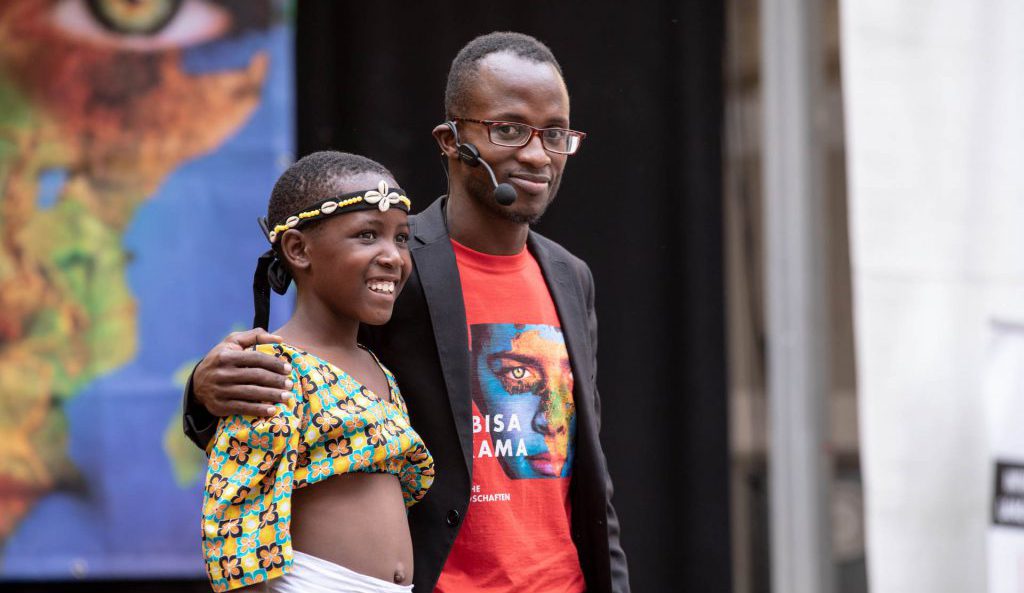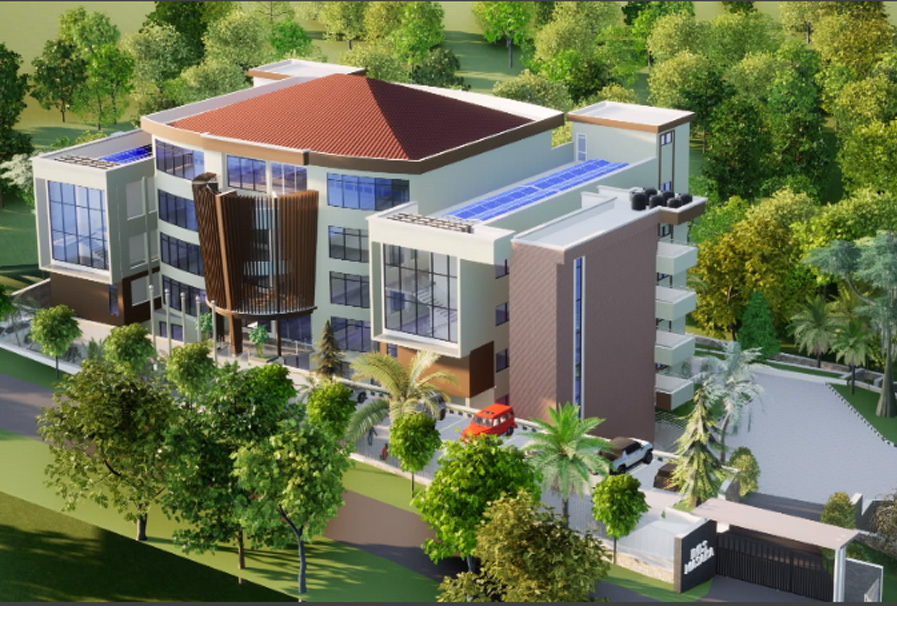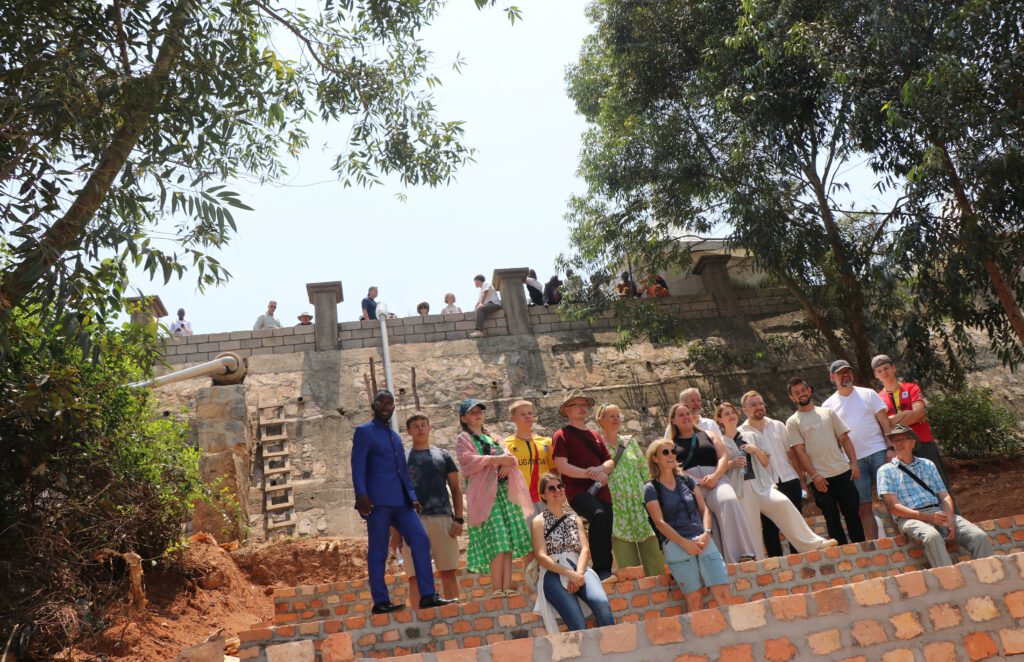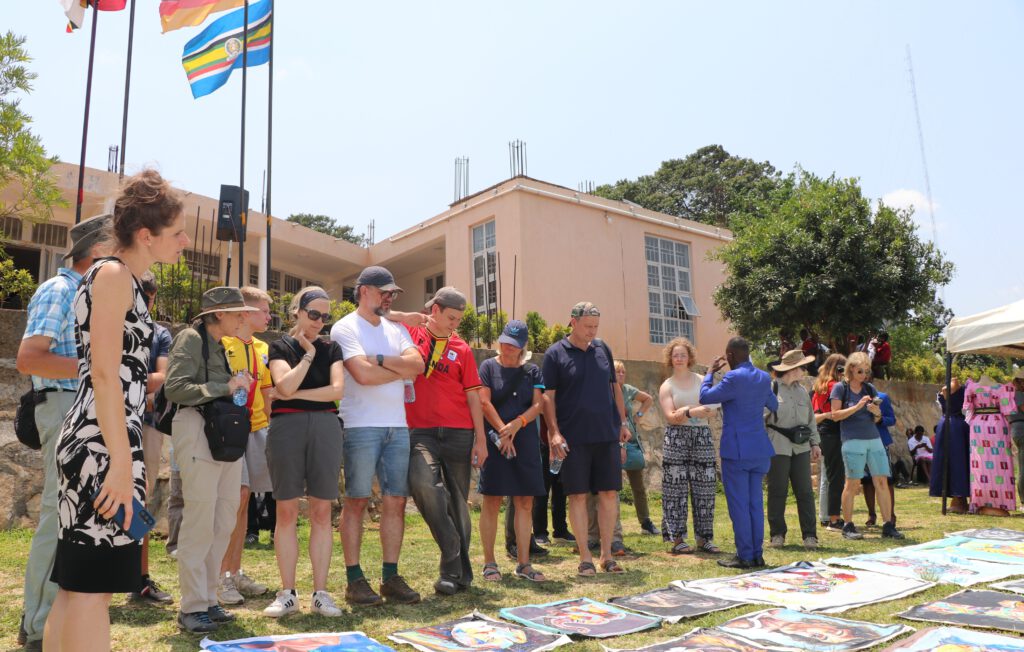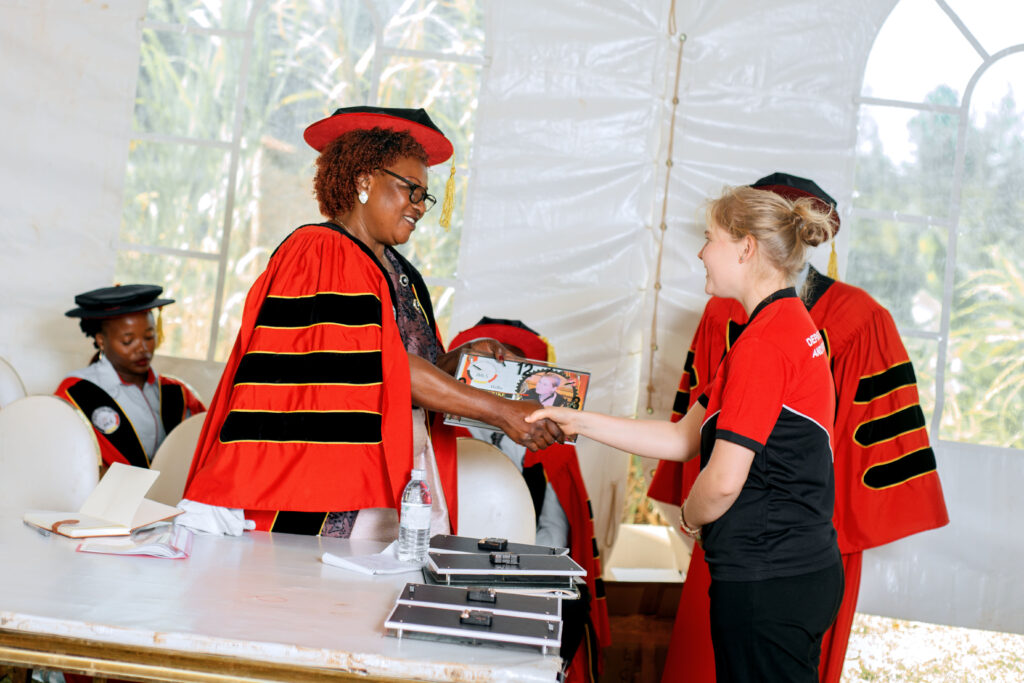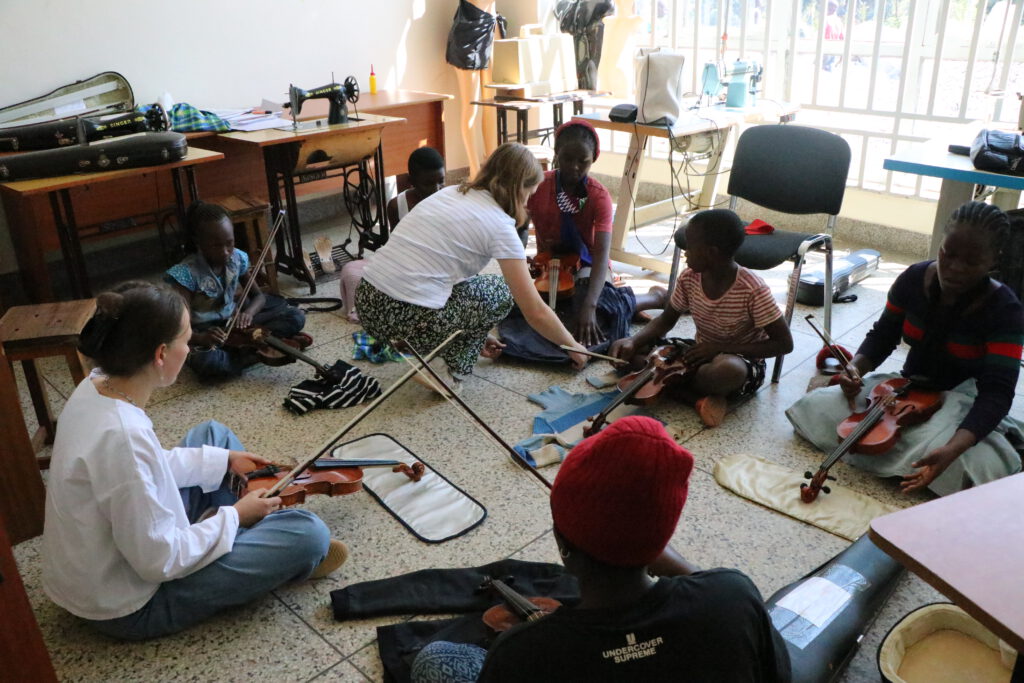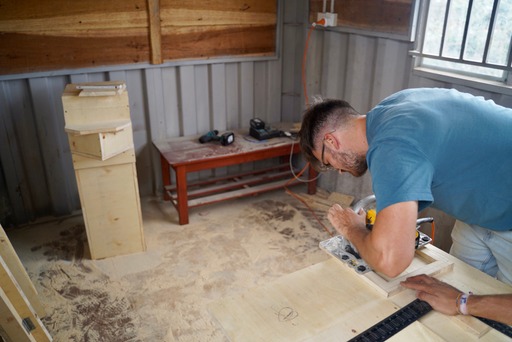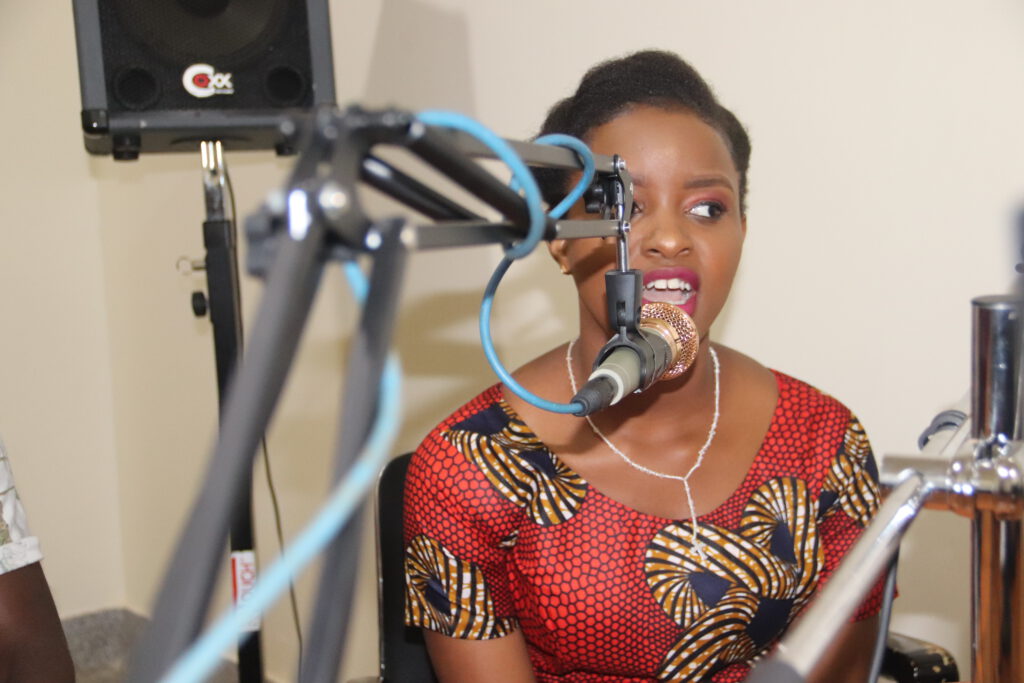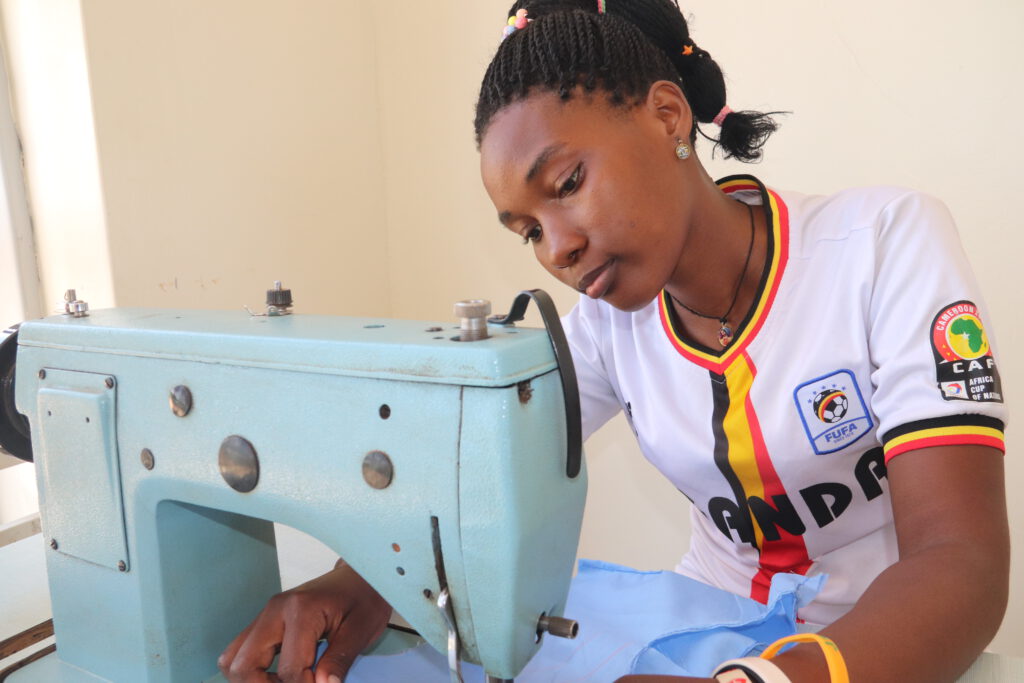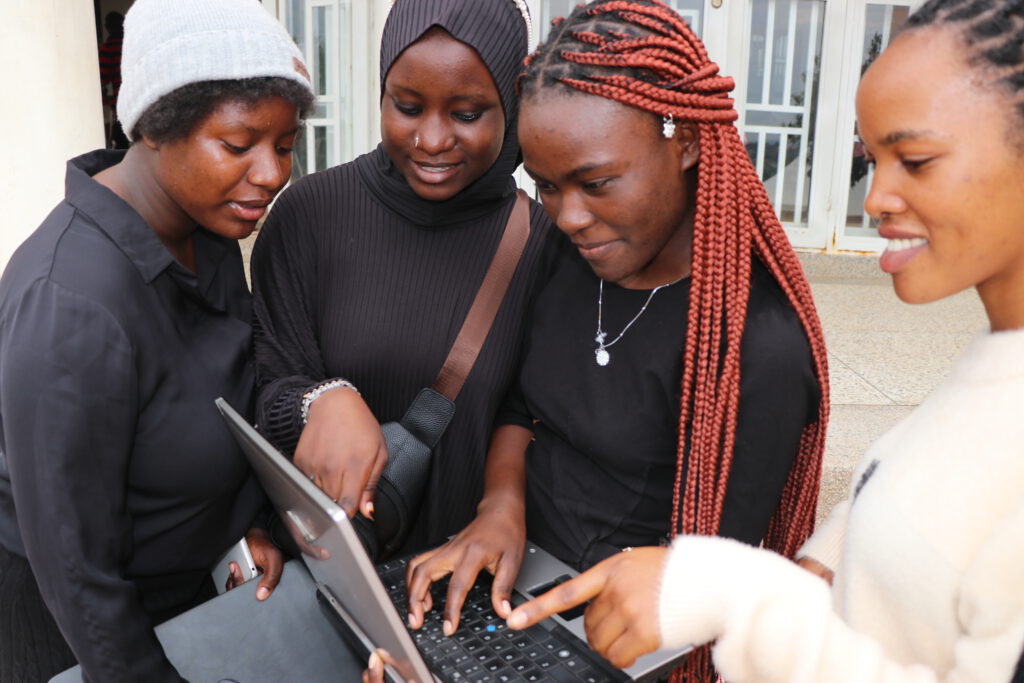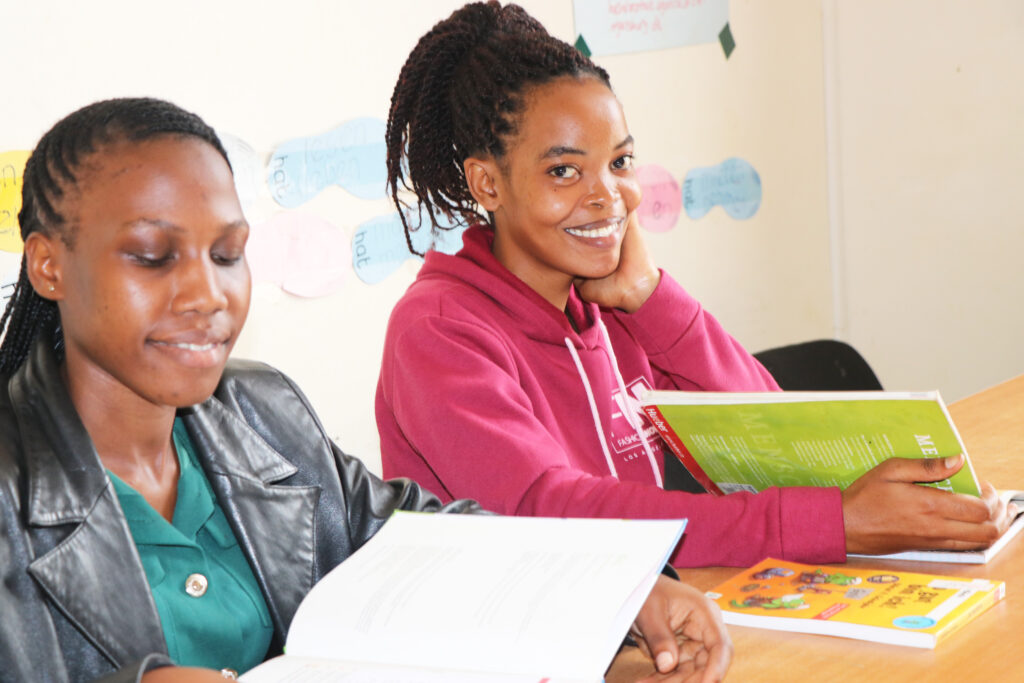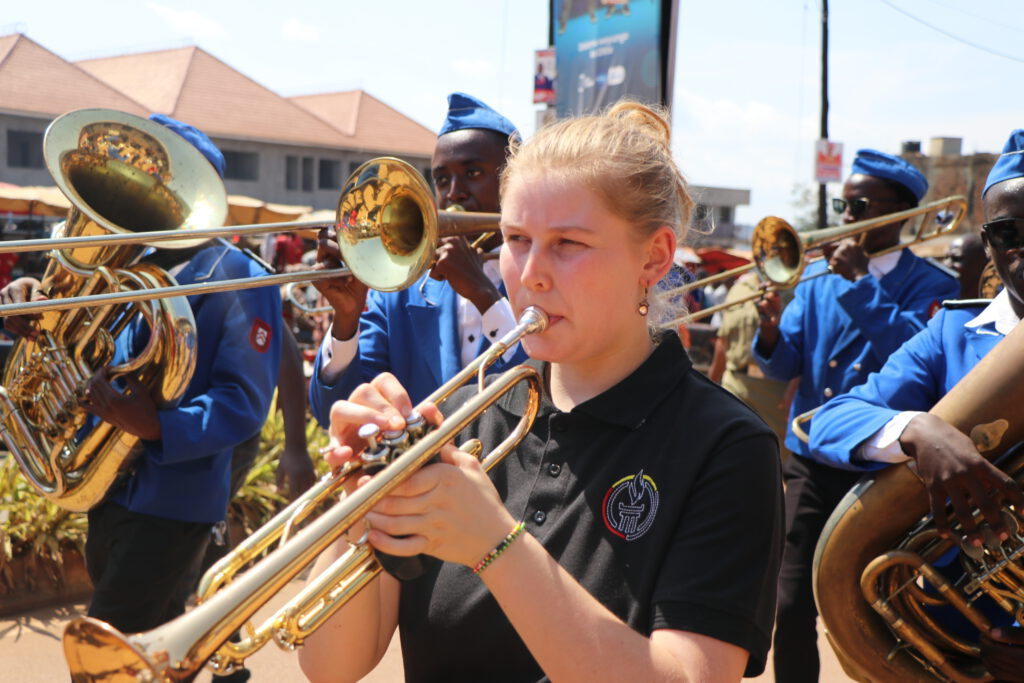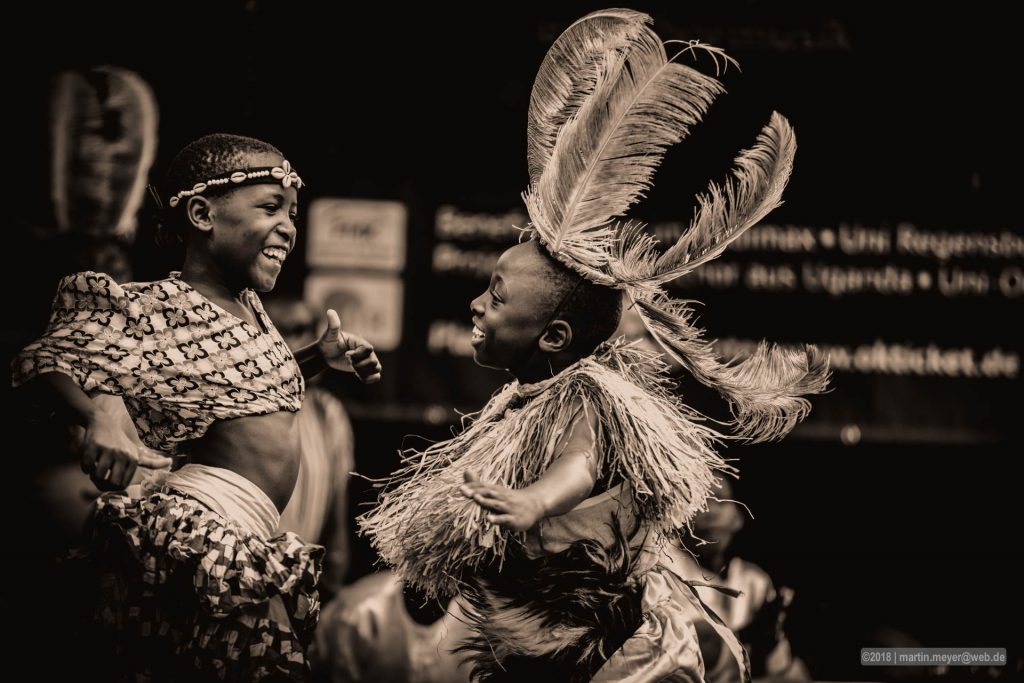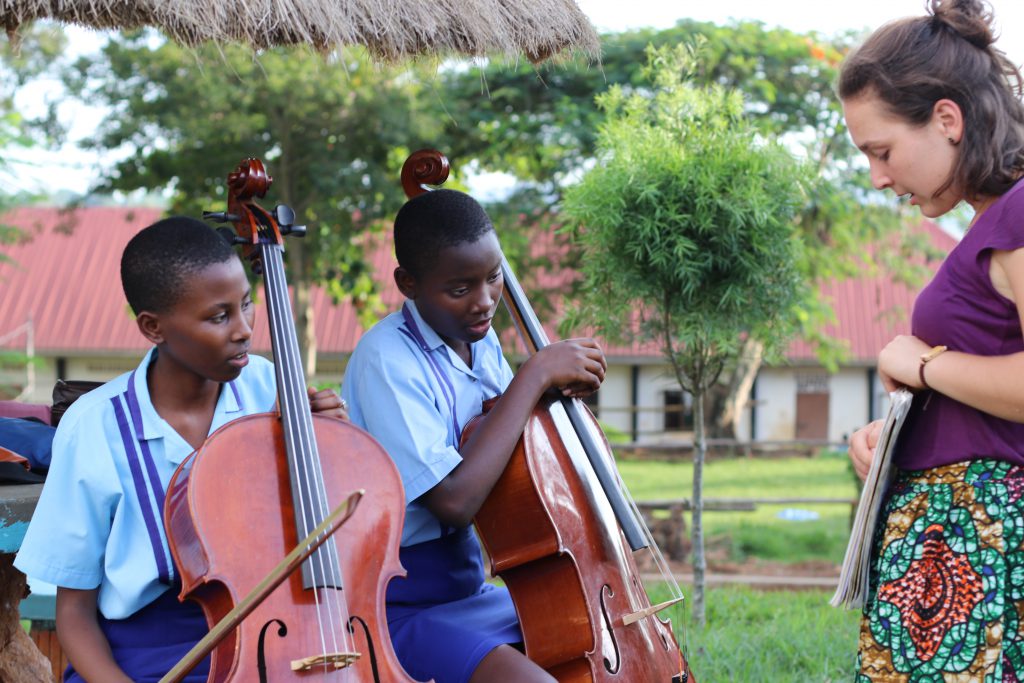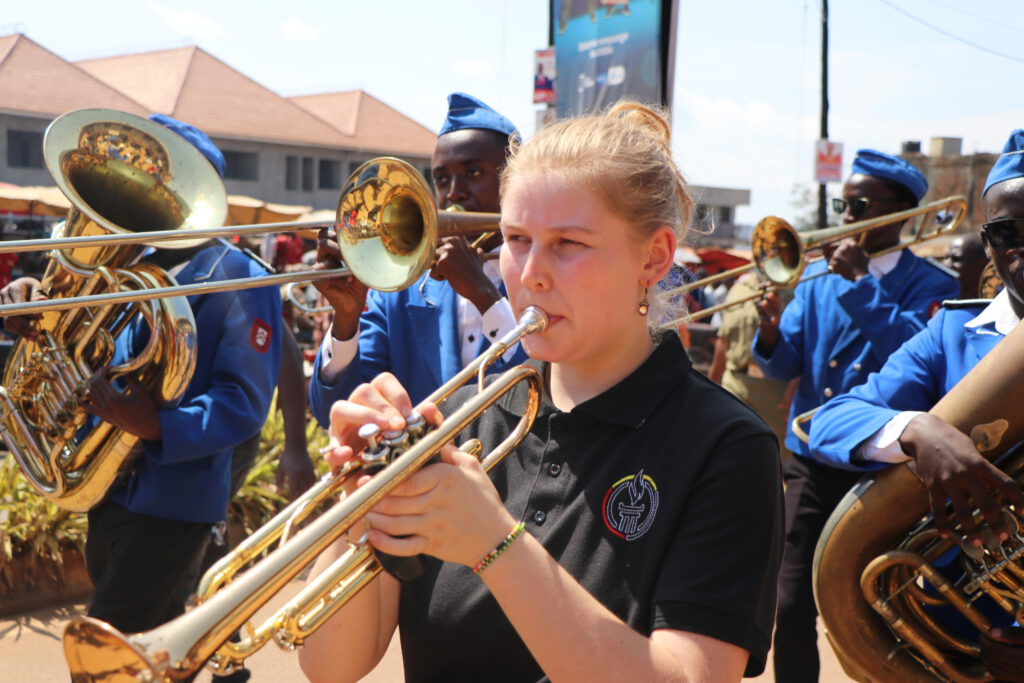IMLS: The meeting point for everyone
The International School of Music, Languages and Polytechnic Studies (IMLS) is the only Music school in Masaka. As most of the music schools in Uganda are centered around Kampala near the city centre, IMLS seeks to extend services closer to the unprivileged children and youths deep in the villages of Masaka and its surroundings who would otherwise never have had access to such a golden chance of exploiting their music talents, gaining self-confidence and making themselves ready to face the future with self-sustainability.

